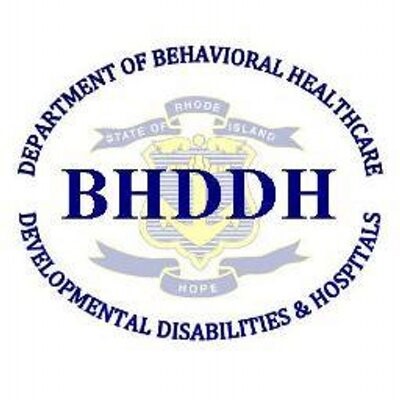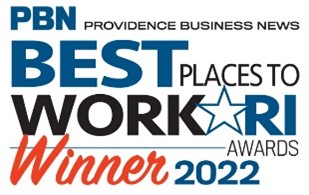Student Assistance Program

Since 1987, RISAS has implemented a Student Assistance Program based on Project SUCCESS (Schools Using Coordinated Community Efforts to Strengthen Students) in Rhode Island middle and high schools.
The Rhode Island Student Assistance Services (RISAS) delivers comprehensive, school-based prevention and early intervention services focused on addressing substance use and behavioral health risks that interfere with student success. The program is guided by SAMHSA’s Talk. They Hear You. Student Assistance – A Guide for School Administrators and integrates within a Multi-Tiered System of Supports (MTSS) framework.
The program embeds a specially trained, master’s-level Student Assistance Counselor within each participating school, providing students with direct access to services. This model enables early identification and intervention for risk factors related to alcohol and drug use, including early drinking, poor academic performance, tardiness, absenteeism, and behavioral issues.
As of August 2024, Project SUCCESS operates in 36 middle schools and 40 high schools across 32 school districts in Rhode Island. Over 52,000 students will have access to a Student Assistance Counselor in their school, 6,121 students received at least one topic of the Prevention Education Series curricula, and 6,288 were assessed for substance use.
In the 2024-2025 Academic Year, Student Assistance Counselors received 5,920 referrals and 5,516 of whom received services. Notably, the largest referral source was students themselves, reflecting accessibility and trust in our Student Assistance Counselors.

Parents, school administrators, teachers, and community members find Project SUCCESS a highly effective model for addressing alcohol and other drug use that can negatively impact adolescents’ academic success and well-being.
How Student Assistance Works
Services delivered in school by RISAS student assistance counselors, include:
1. Prevention Education and Awareness Activities to:
-
- Raising awareness of substance use risks
- Increase access to the Student Assistance Program
- Promoting resilience and protective factors
- Educating students about coping and resistance skills
2. Screening and Early Identification
-
- Identify students with emerging substance use and behavioral health risks
- Ensure timely access to evidence-based interventions aligned with each student’s needs related to substance use prevention
- Promote equity by offering multiple confidential pathways into the program
3. Evidence Based Brief Intervention
-
- Reducing risk behaviors and improve coping strategies through targeted 1:1 and group interventions.
4. Youth Leadership and Peer Prevention Opportunities
-
- Providing alternative activities that exclude alcohol, tobacco, and drug use and promote student engagement, peer connection, and positive youth development.
5. Referral to Treatment and Support Services
-
- Ensuring students whose needs exceed the scope of the Student Assistance Program are connected to appropriate behavioral health supports.
Frequently Asked Questions
What qualifications do student assistance counselors have?
All of our student assistance counselors have a Master’s degree in social work, psychology, counseling, or other related area. They have experience counseling adolescents and are very familiar with evidence-based prevention strategies and how to motivate and intervene with teens who are using substances.
How are students referred to a student assistance counselor?
Do student assistance counselors only see students who are using substances?
No. Student assistance counselors identify and help youth exhibiting risk factors before alcohol and other drug use begin. Risk factors include, but are not limited to, trauma, depression, anxiety, poor school performance and family violence. This early identification and intervention approach has proven effective in delaying the initial use of alcohol and other drugs and reducing associated school and life problems.
Is there help in school for teens who are living with a family member or caretaker with a substance use disorder (SUD)?
Is treatment for students available?
Are student assistance services confidential?
Do students need to have health insurance to see a student assistance counselor? Is there a fee for these services?
What if I do not want my student to see a student assistance counselor?
RISAS is a Recovery Friendly Workplace and an equal opportunity employer.



